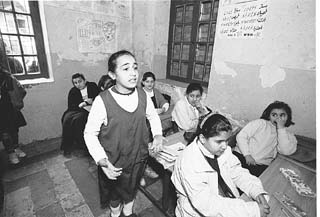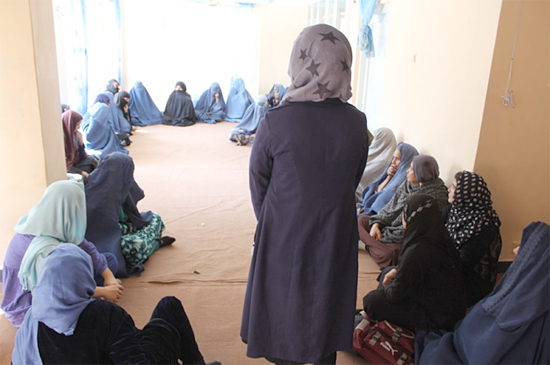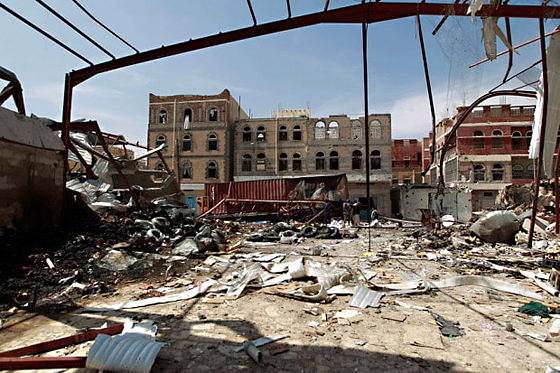On May 2, 2017, before becoming Saudi Arabia’s Crown Prince, Mohammed bin Salman, as Minister of Defense, spoke about the Saudi-led coalition’s war in Yemen, a war he orchestrated since March of 2015. "A long war is in our interest," he said, explaining that the Houthi rebels would eventually run out of cash, lack external supplies and break apart. Conversely, the Saudis could count on a steady flow of cash and weapons. "Time is on our side," he concluded.
Powerful people in the United Arab Emirates, Egypt, Sudan, Bahrain, Kuwait, Morocco, Senegal and Jordan have colluded with Saudi Arabia’s Crown Prince to prolong the war against Yemen. The Saudis have employed Sudanese fighters from the terrifying Janjaweed militias to fight in small cities along Yemen’s coast line. The seeming objective is to gain ground control leading to the vital Port of Hodeidah. UAE military are reported to operate a network of secret prisons where Yemenis disappear and are tortured, deterring people from speaking up about human rights violations lest they land in one of these dreaded prisons.
Among the most powerful warlords participating in the war are the U.S. and the UK.






